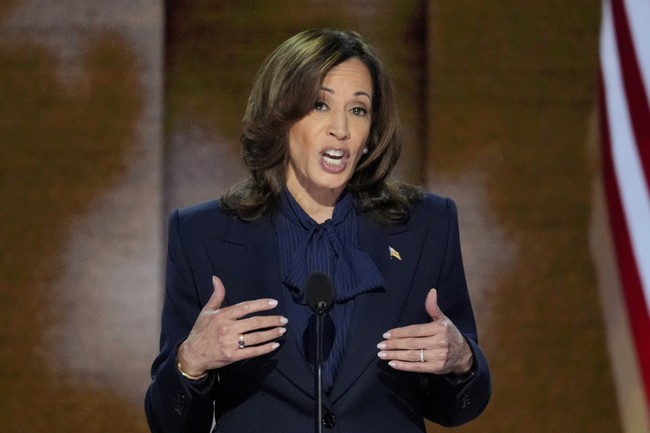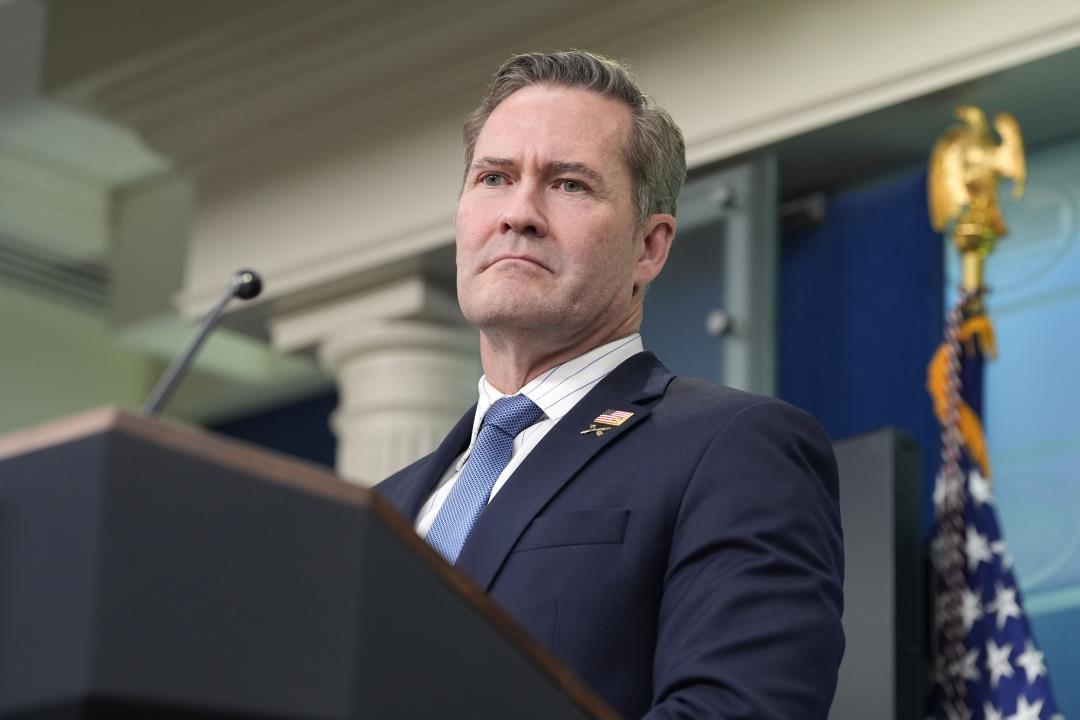Tensions Rise Over Greenland's Strategic Importance
Discover why Greenland has become the focal point of intense geopolitical maneuvering, drawing interest and pressure from powerful nations, despite its remote and harsh conditions.
Published March 30, 2025 - 00:03am

Image recovered from europapress.es
Greenland, a vast Arctic island of profound strategic importance, has recently become the center of a complex geopolitical tug-of-war involving the United States, Denmark, and other global powers. At the heart of this renewed interest is the island's ice-covered lands that stretch across approximately 2.2 million square kilometers, coupled with its rich natural resources and strategic military positioning.
The situation began escalating when the Danish Prime Minister, Mette Frederiksen, announced her visit to Greenland amidst growing tensions over U.S. intentions towards the island. The visit's primary aim was to strengthen ties with Greenland, reaffirming Denmark's unwavering commitment to maintaining unity within its autonomous territories.
Denmark's concern came in the wake of remarks by U.S. President Donald Trump and Vice President J.D. Vance, who both expressed a strong interest in bringing Greenland under more direct American influence. President Trump's insistence that the United States needs Greenland for its national and international security has not only frustrated Danish officials but has also reverberated across diplomatic channels, challenging the fragile balance of transatlantic relations.
Vice President Vance's recent visit to Greenland's Pituffik military base, a strategic U.S. asset in the Arctic, underscored these tensions. His visit, marked by sharp criticism of Denmark's efforts to safeguard Greenland against perceived threats from Russia and China, did little to ease Denmark's concerns. Claims about China's increasing interest in the Arctic territory, although met with skepticism, were front and center in Vance's discussions, reinforcing the narrative of external pressure on Greenland.
This geopolitical dynamic is complicated by Greenland's internal politics. The island recently saw the formation of a new coalition government following elections dominated by debates over the prospects of independence. Jens-Frederik Nielsen, Greenland's new Prime Minister, has stated the need for unity in the face of foreign pressure, emphasizing that any decision about Greenland's future should reflect the will of its people.
Denmark's response to the U.S. interests has been marked by a strategic balancing act. Danish Foreign Minister Lars Løkke Rasmussen has highlighted the importance of careful dialogue, simultaneously maintaining openness for increased U.S. military presence while defending Danish sovereignty over Greenland.
The global implications of Greenland's situation are significant. As the Arctic warms and becomes more accessible, the interest in its untapped natural resources and strategic positioning has grown among major powers. This interest has ignited debates within Greenland, Denmark, and beyond about sovereignty, economic potential, and international law concerning territorial claims.
Furthermore, Trump's controversial statement about possibly annexing Greenland echoes a larger geopolitical strategy involving increased U.S. presence in the Arctic to counter Russian expansion and involvement from other global players like China. This underscores the island's pivotal role as an epicenter of Arctic security concerns.
The narrative surrounding Greenland reflects broader geopolitical themes, including national sovereignty, strategic resource acquisition, and the balance of power in the Arctic. As the world watches, what unfolds in this frozen corner of the world could redefine international alignments and reflect future global policy directions aimed at addressing climate change and environmental sustainability.
While the discourse around Greenland remains heated, the island's future is closely tied to broader global negotiations involving climate policy, territorial rights, and security alignments that will shape how nations interact with one another in this increasingly interconnected and contested global landscape.







